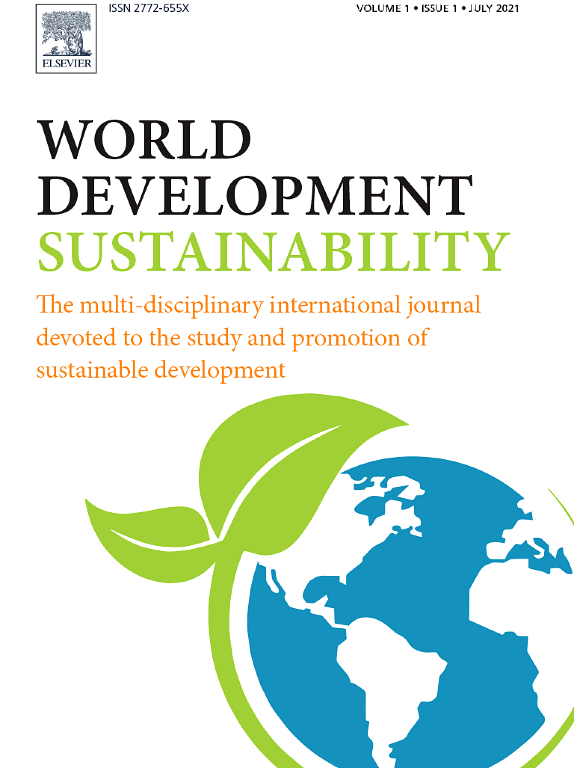The Rwandan government emphasizes the role of cooperatives in transforming rural economies from subsistence farming to diversified commercial agriculture, including high-value export horticultural crops. The success of these cooperatives depends significantly on farmers’ willingness to join and remain committed members. Previous research indicates that Rwandan cooperatives often follow a top-down approach, which can lead to dissatisfaction, disagreement, and distrust among members. This dissatisfaction can undermine the cooperatives’ goals of improving farmer welfare, thereby adversely affecting their capacity to transform local livelihoods and economies. This study measures the trust and commitment levels of Rwandan smallholder farmers towards horticultural cooperatives using surveys and experiments. It provides empirical evidence on the extent, role, and determinants of trust and commitment, with a particular focus on behavioral determinants such as risk and time preferences. The findings show that while trust levels are relatively high, commitment levels are relatively low. Probit model estimations indicate that risk and time preferences influence farmers’ trust and commitment. Specifically, risk aversion decreases the predicted probability of trust and commitment, while greater patience increases the predicted probability of trust. No statistically significant relationship was found between behavior in an experimental trust game and survey responses regarding trust and commitment. The study's findings suggest several policy and practice implications, particularly the need to identify and implement strategies to enhance farmers' commitment to cooperatives.
DOI:
https://doi.org/10.1016/j.wds.2024.100176
Dimensiones Recuento de citas:

Año de publicación
2024
Autores
Ihli, H.J.; Mausch, K.; Fuchs, L.E.
Idioma
English
Palabras clave
local government, rural communities, socioeconomic environment, sustainable agriculture, livelihoods, smallholders, field experimentation, simulation models, policy
Geográfico
Rwanda

















